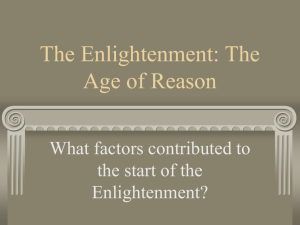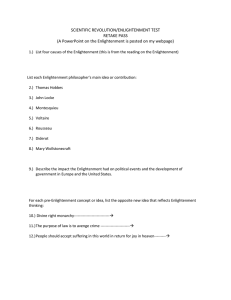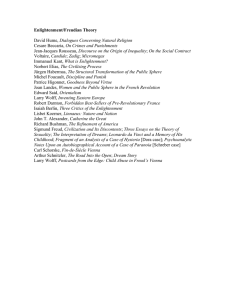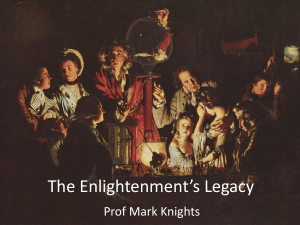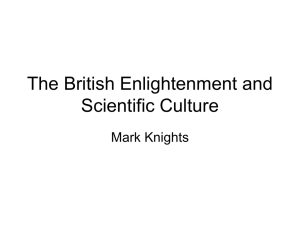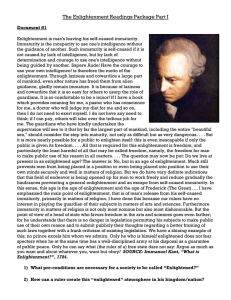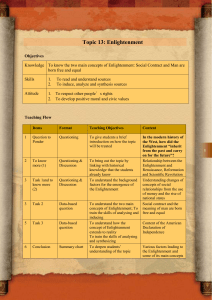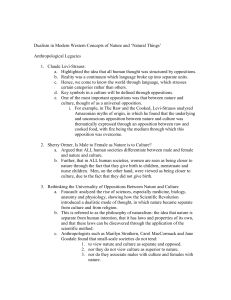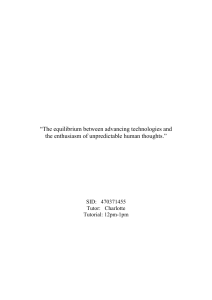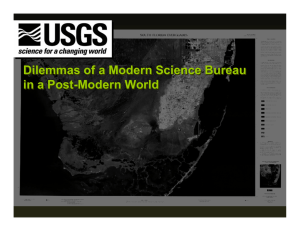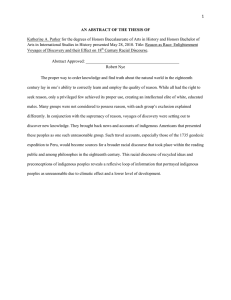The Enlightenment and Modernity ... • Why is it important for modernists to understand... • What was its legacy and why is that...
advertisement
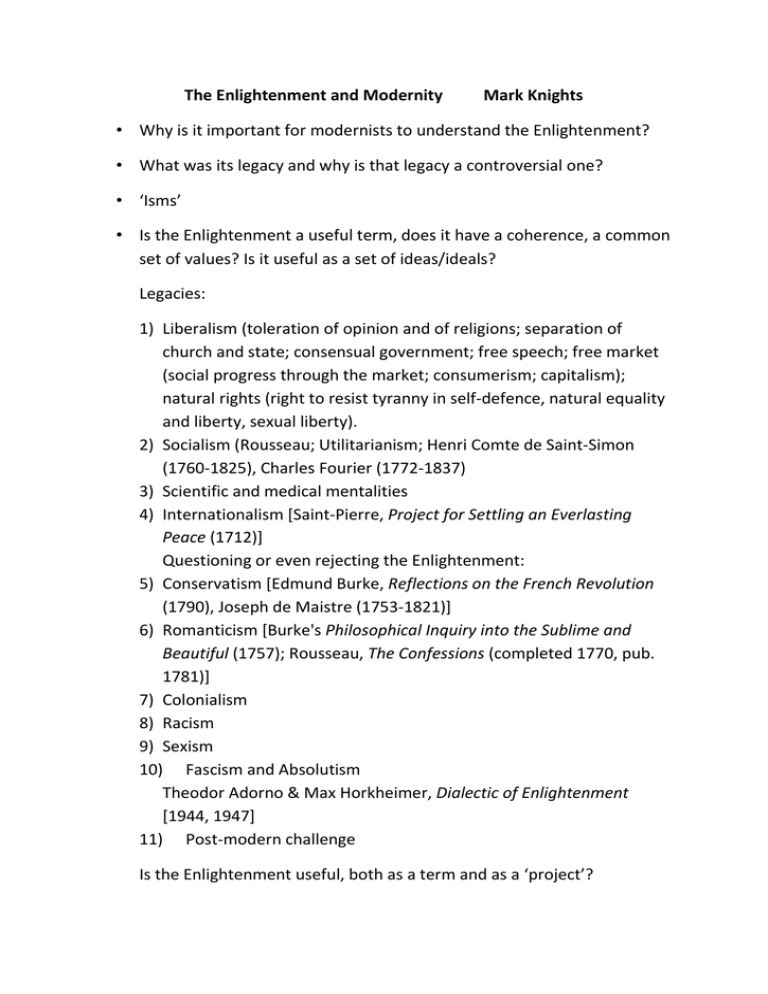
The Enlightenment and Modernity Mark Knights • Why is it important for modernists to understand the Enlightenment? • What was its legacy and why is that legacy a controversial one? • ‘Isms’ • Is the Enlightenment a useful term, does it have a coherence, a common set of values? Is it useful as a set of ideas/ideals? Legacies: 1) Liberalism (toleration of opinion and of religions; separation of church and state; consensual government; free speech; free market (social progress through the market; consumerism; capitalism); natural rights (right to resist tyranny in self-defence, natural equality and liberty, sexual liberty). 2) Socialism (Rousseau; Utilitarianism; Henri Comte de Saint-Simon (1760-1825), Charles Fourier (1772-1837) 3) Scientific and medical mentalities 4) Internationalism [Saint-Pierre, Project for Settling an Everlasting Peace (1712)] Questioning or even rejecting the Enlightenment: 5) Conservatism [Edmund Burke, Reflections on the French Revolution (1790), Joseph de Maistre (1753-1821)] 6) Romanticism [Burke's Philosophical Inquiry into the Sublime and Beautiful (1757); Rousseau, The Confessions (completed 1770, pub. 1781)] 7) Colonialism 8) Racism 9) Sexism 10) Fascism and Absolutism Theodor Adorno & Max Horkheimer, Dialectic of Enlightenment [1944, 1947] 11) Post-modern challenge Is the Enlightenment useful, both as a term and as a ‘project’?


